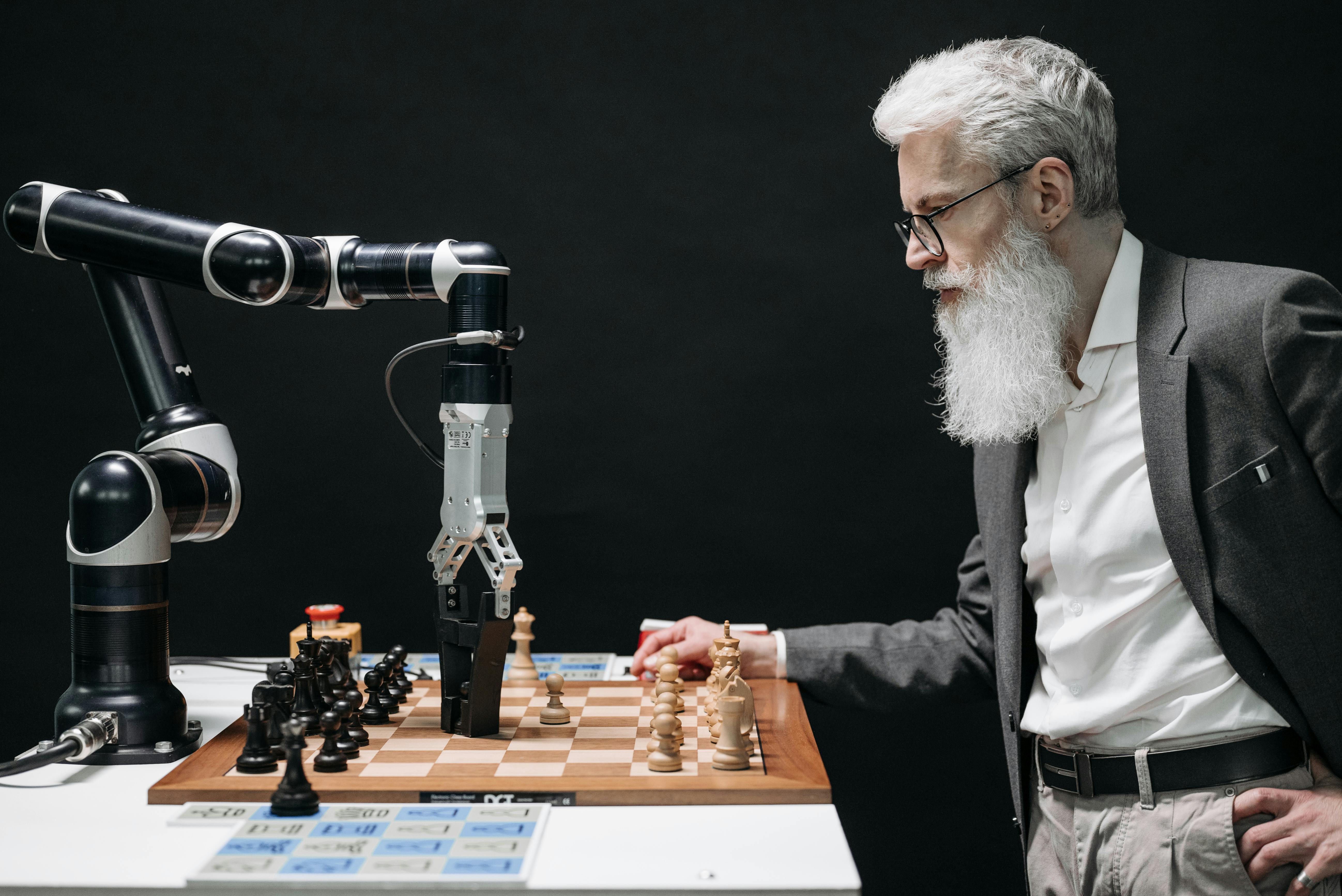ModernBERT and DeBERTaV3: Comparing Transformer Model Architecture and Training Data Impact on Performance

Top post
ModernBERT vs. DeBERTaV3: Architecture and Data in Focus of Transformer Model Comparison
The development of transformer models is progressing rapidly. New architectures like ModernBERT and DeBERTaV3 promise continuous improvements in efficiency and performance. ModernBERT was initially presented with the claim of surpassing DeBERTaV3 in various benchmarks. However, the lack of transparency regarding the training data used and the absence of comparisons based on common datasets made it difficult to clearly attribute the performance gains – were they due to the architecture or the training data?
A recently published study examined this question in more detail and provides valuable insights into the influence of architecture and data on the performance of transformer encoder models. To isolate the influence of the model design, the researchers trained ModernBERT on the same dataset as CamemBERTaV2, a French DeBERTaV3 model. This controlled comparison enabled a more objective assessment of the respective strengths and weaknesses.
The results show that the previous generation, represented by DeBERTaV3, remains superior in terms of sample efficiency and overall performance in the benchmarks. ModernBERT, on the other hand, scores with faster training and inference speed. Compared to older models like BERT and RoBERTa, however, ModernBERT represents a significant architectural improvement.
The Influence of Data Quality
Another interesting aspect of the study is the investigation of the influence of data quality. It was shown that while high-quality training data accelerates convergence, it does not significantly improve the final performance. This suggests a possible saturation of the benchmarks and underlines the importance of careful selection and preparation of the training data. The sheer amount of data is therefore not the only decisive factor for the success of a model.
Conclusion: Architecture vs. Data
The study highlights the complexity of performance evaluation of transformer models. It is essential to separate the influence of the architecture from that of the training data in order to draw meaningful conclusions. While ModernBERT offers advantages in terms of speed, DeBERTaV3 remains the leader in overall performance and sample efficiency. The research results underscore the need for further investigation to determine the optimal interplay of architecture and data for future transformer models.
For companies like Mindverse, which develop AI-powered solutions, these findings are of great importance. The selection of the right model depends heavily on the specific requirements of the respective application. Speed, performance, and available resources play a decisive role. Mindverse, as a provider of customized AI solutions, benefits from such studies to make the optimal model choice for chatbots, voicebots, AI search engines, and knowledge databases and to offer its customers the best possible performance.
Bibliography: - https://arxiv.org/abs/2504.08716 - https://paperreading.club/page?id=299007 - https://arxiv.org/pdf/2504.08716 - https://chatpaper.com/chatpaper/?id=3&date=1744560000&page=1 - https://bayramblog.medium.com/modernbert-the-future-of-encoder-only-models-9ff2d0b8a88d - https://huggingface.co/blog/modernbert - https://pmc.ncbi.nlm.nih.gov/articles/PMC9344209/ - https://www.linkedin.com/pulse/modernbert-vs-deberta-evolution-transformer-models-srihari-r-zalac - https://ritvik19.medium.com/papers-explained-277-modernbert-59f25989f685 ```.png)


